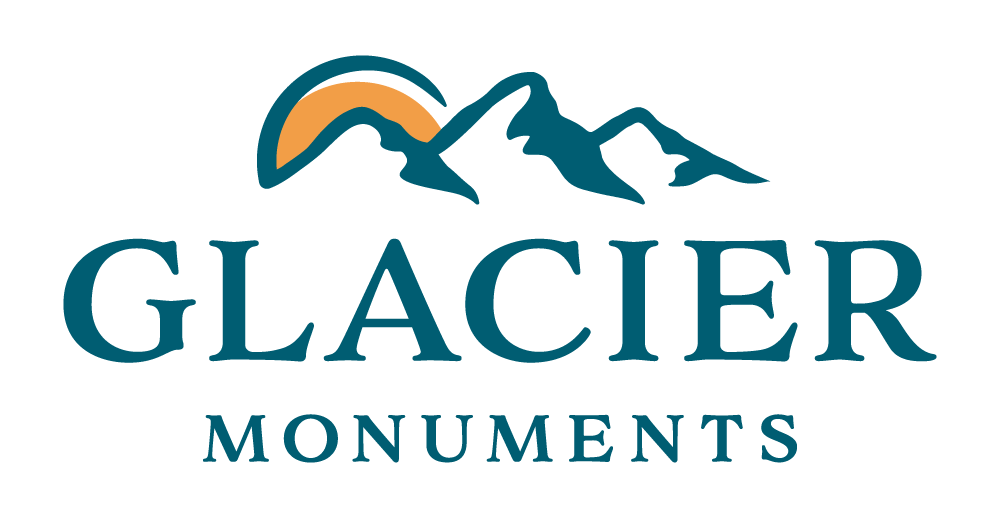When it comes to choosing a type of headstone there are several common types.
Our Process
1. Choose a headstone

Flat Markers
Flat monuments normally set flush with the ground, but can be set slightly raised, depending on cemetery requirements.

Slant Markers
Slants give great visibility from a distance and like the upright monuments they also add the ability for back lettering. Slants can be placed on a base or a foundation. Foundation is required.

Upright Monuments
Upright monuments give the best visibility from a distance, and afford the best protection due to being set on a base. Base and foundation required.

Bevel Markers
Bevel monuments have a 2” rise from front to back, going from 4 inches in the front to 6 inches in the back or 8” to 10” and are sometimes called ‘Pillow’ monuments. Bevels can placed on a base or on a foundation. Foundation is required.

Double Monument
This covers two burial plots, usually for spouses and siblings. This will be dependent on cemetery requirements.

Mountain Top
Mountain Top monuments are one of a kind, hand chiseled and then engraved. They can be any size, but are typically 7”- 8” thick. Mountain Top Monuments are placed on a base and foundation.

Bench
There are various styles of benches.

Bronze Plaques
Let us help you design in bronze.
2. Select a Material
When it comes to selecting headstone material, ideally you might want to select a type that weathers the elements well and lasts a long time without high maintenance.
Granite
Offers the most options plus durability and affordability. You can get various colors in granite.

Georgia Gray

Dakota Mahogany

Black

Morning Rose (Pink)

Emerald Green

Bahama Blue

Blue Pearl

Indian Red
Bronze
Flat Marker. This is a durable material that naturally darkens over time and requires little maintenance.
Other
Ask about other options!
3. Headstone Design & Finish
Sometimes it is helpful to walk through cemeteries and look at designs and finishes. This allows you to see it in natural lighting, natural environment and sustainability in the elements.
Polished
Smooth and shiny, best suited for granite but highly reflective. It also requires regular cleaning and maintenance.
Part-polished
Where only certain elements are shiny such as the base or inscription area.
Honed
Smooth, but unpolished and non-reflective.
Pitched or rock Pitch
A rough, natural appearance where the edges may be chiseled to look worn, fitting in with an older cemetery.
Laser etching
This can be done on black granite only, smooth and shiny, allows you to see images from photos.
4. Create an Inscription
This is where you’ll carefully choose what to have inscribed on the headstone.
Name
First name, middle name, middle initial, nickname, maiden name, or married name.
Date of Birth
Fully written June 11, 1947 or 6/11/1947 or just 1947.
Date of Death
Fully written February 10, 2021 or 2/10/2021 or just 2021.
Artwork
This can include religious symbols, flowers, images, animals, or personalized image.
Font Style
This is a personal choice and there are various styles to choose.
Photo
A photo can be added on a porcelain or enameled steel plate. This can be a photo of your choosing.
Back Side
This can be left blank or have an inscription. Putting a family name on the backside of a monument makes it easily identifiable from anywhere. Glacier Monuments includes the engraving of a family name on the backside of every upright and slant monument at no extra charge.
Epitaph/Message of Endearment
This is a saying that can be inscribed and can be individualized. This is typically smaller print than names and dates.
Get Started
Please download the Memorial & Customer Info form. This form can be completed digitally and emailed to emma@glaciermonuments.com or printed and brought in completed to the Glacier Monuments office.






